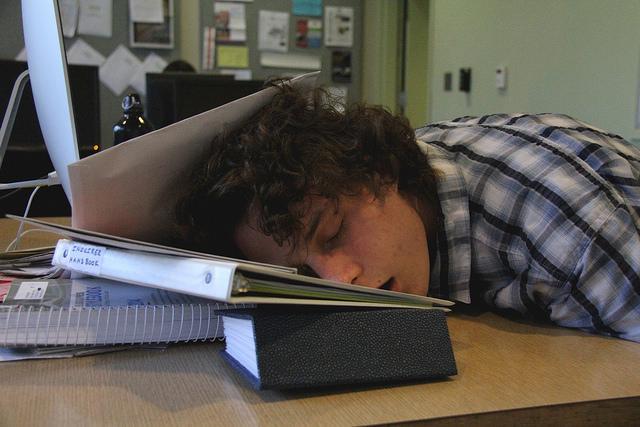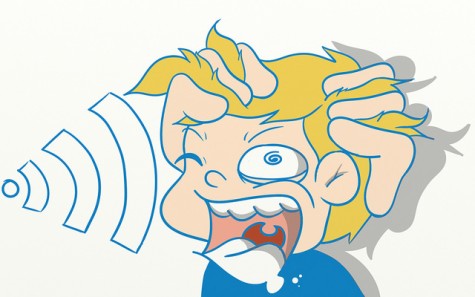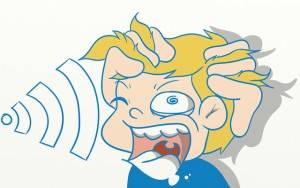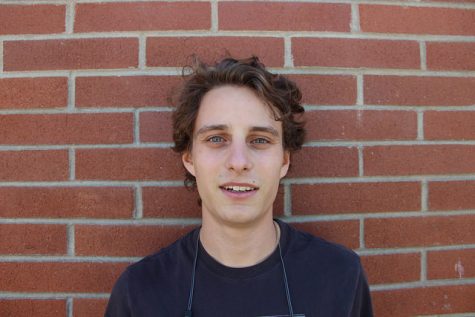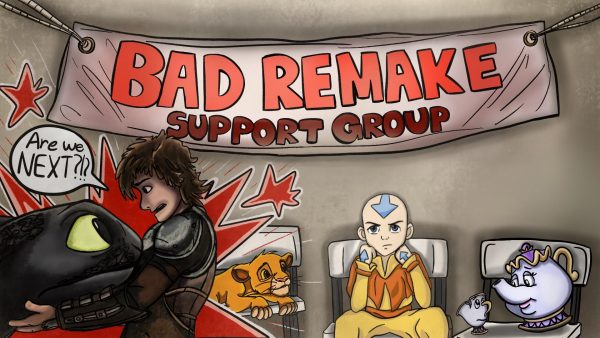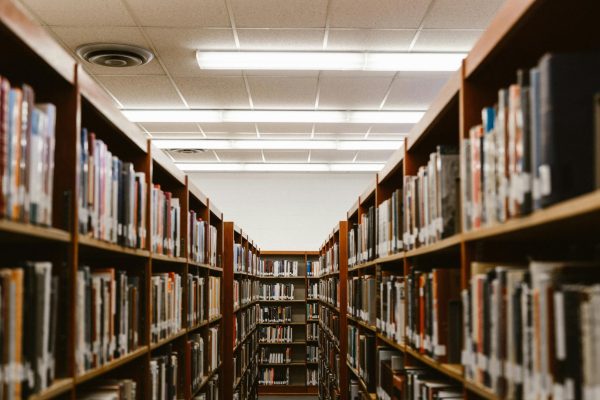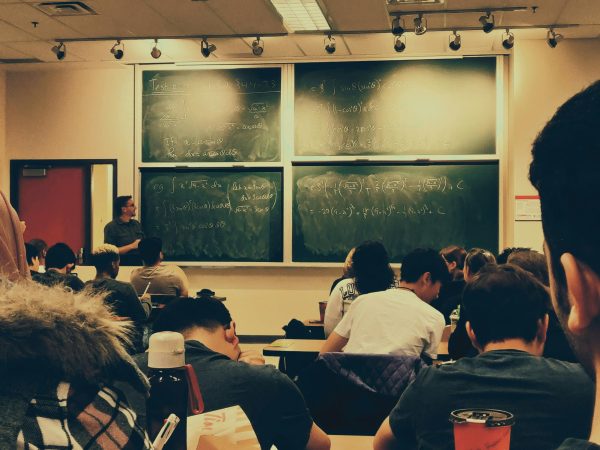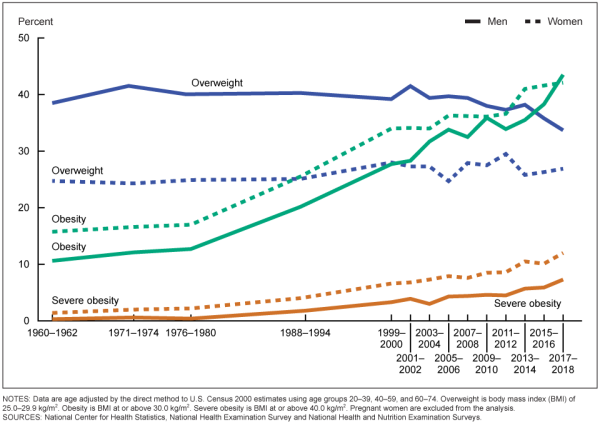Technology ruins sleep patterns
February 23, 2016
Going to college and sleep don’t seem to mix.
Students have been reduced to a combination of caffeine, Adderall, and hallucinations with a touch of body odor, in today’s high stress, fast pace, insomniatic world which we call: College.
College’s stress good grades, athletics, and extracurriculars but preach little about our archaic need for sleep. Instead, students are told half-heartedly by college professors that they need more sleep, but still are supposed to excel in classes.
Of course doing well in school is important: Students should be doing activities outside of school — and for their school — in an attempt to advance themselves to be more than just a student. But this should come at no cost to a student’s health.
Students can’t advance without sleep; there seems to be some sort of paradox between what students are capable of and what they’re expected to achieve.
Judith Owens, the director of the Center for Pediatric Sleep Disorders at Boston Children’s Hospital, has found that teens need nine and a half hours of sleep, whereas adults need about eight hours of sleep. So where does that put college students who are somewhere between being an adult and a teen? Practically sleepless, that’s where.
According to the health center of the University of Georgia, “On average, most college students get six to nearly seven hours of sleep per night…” which, well, isn’t exactly between eight or nine hours at all.
So what is to blame for this dramatic loss of sleep in college students? Could it be too much partying? Too much homework? Too much stress?
The short answer is it’s probably a little of all of these things. But, there’s also something else that has been added to this concoction of anti-sleep formulas, a new development in the way students — not only in college — study: Computers, cellphones, and tablets have a direct effect on sleep patterns.
The light emitted from these devices is called blue light. Blue light acts to the human eye like daylight. Essentially if you expose yourself to this light long enough — for example, if you use your cellphone for an extended period of time before you go to bed — your body adjusts to the light as if it were daylight. This in turn resets our eternal clock, and tells us it’s not time to sleep.
College students are losing more sleep, not because they’re up all night partying, but it’s because they’re up all night studying on a machine that’s limiting their ability to sleep.
According to a study conducted by the Harvard Medical School, “While light of any kind can suppress the secretion of melatonin, blue light does so more powerfully,” which unfortunately means the devices that make our lives so much easier, also make our lives that much harder.
So what can we do?
Destroy all robots? No, but I like where your head’s at. Instead you can buy yourself some awesome blue light blocking goggles! That’s right, for a limited time only you can purchase your very own pair of blue light blocking goggles!
Just kidding, they look terrible. So until we figure out a cool solution, I propose no more homework on electronics.





































































